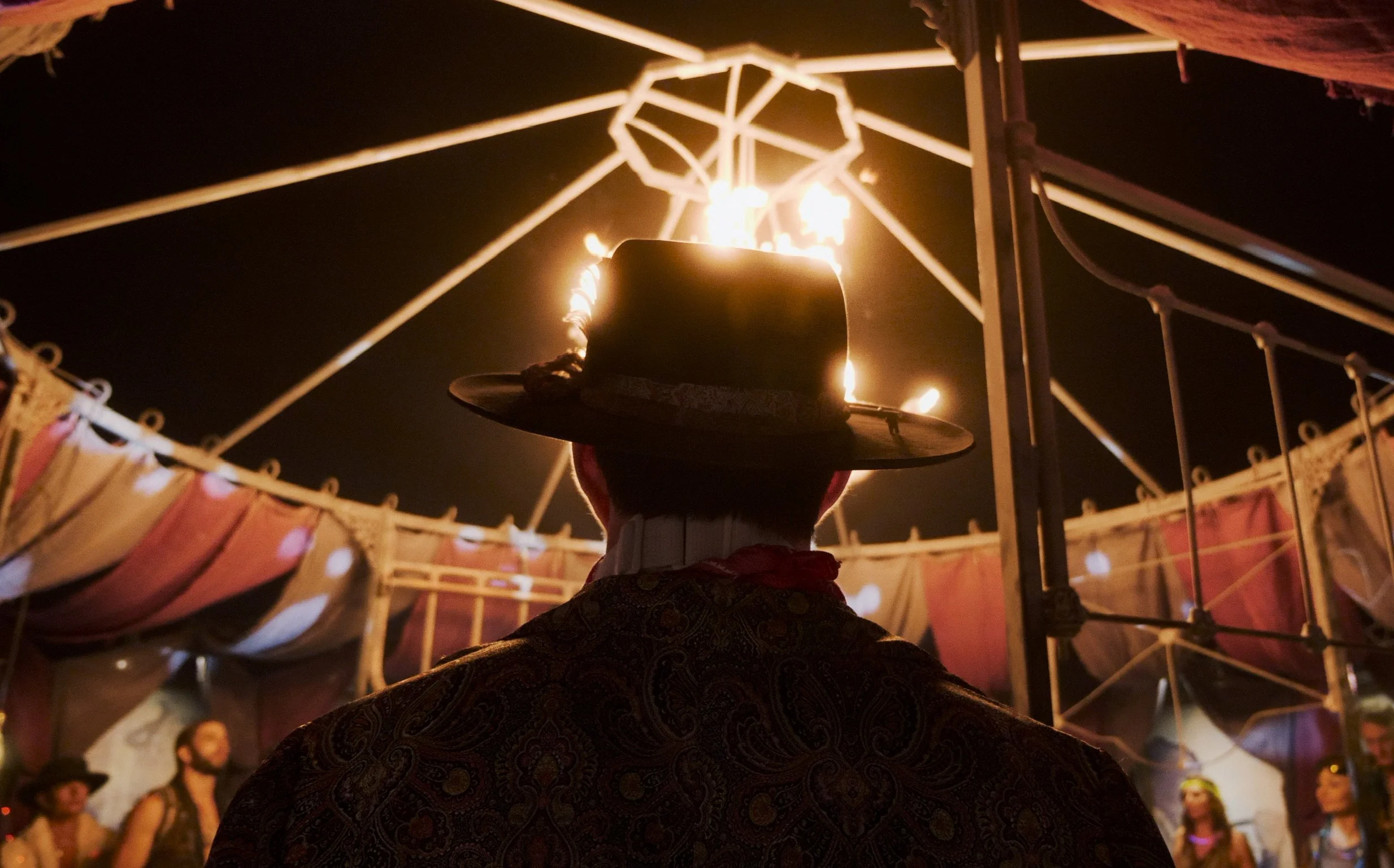The Cinematic Classroom: Watching Films as a Study for Aspiring Filmmakers
For aspiring filmmakers, the journey to mastering the craft extends far beyond the confines of traditional classrooms. While formal education certainly provides valuable knowledge and technical skills, there's an equally indispensable aspect of learning that occurs in the darkened theaters or the comfort of our own homes: watching films.
Cinema as a Textbook
Every film is a lesson waiting to be learned, a masterclass in storytelling, cinematography, editing, sound design, and more. From the avant-garde to the mainstream, each movie offers its own unique insights, techniques, and inspirations for budding filmmakers.
Deconstructing the Narrative
Watching films with a critical eye involves more than just passive entertainment. It's about deconstructing the narrative, analyzing the director's choices, and dissecting the storytelling techniques employed. Pay attention to the pacing, character development, plot structure, and thematic elements. What makes the story compelling? How does the filmmaker engage the audience emotionally and intellectually?
Visual Literacy
Cinema is a visual medium, and aspiring filmmakers must develop a keen sense of visual literacy. Pay close attention to the composition of each frame, the use of light and shadow, and the overall aesthetic of the film. Study the cinematography techniques employed, from camera angles and movements to lens choices and framing. What visual language does the filmmaker use to convey meaning and evoke mood?
The Power of Editing
Editing is often referred to as the "invisible art" of filmmaking, yet its impact on the final product is undeniable. Watch films with a focus on editing, observing how cuts, transitions, and pacing shape the narrative flow. Analyze the rhythm and tempo of the editing and consider how it enhances the storytelling and emotional impact of the film.
Soundscapes and Atmosphere
Sound design and scoring are essential components of the cinematic experience, shaping the mood and atmosphere of a film. Pay attention to the use of sound effects, dialogue, music, and silence. How do these elements contribute to the overall sensory experience and immersion in the narrative world?
Exploring Different Genres and Styles
Aspiring filmmakers should expose themselves to a diverse range of films, spanning different genres, styles, and cultures. Don't limit yourself to one particular type of movie—embrace the breadth and depth of cinematic storytelling. By exploring a variety of films, you'll gain a broader perspective on the possibilities and potential of the medium.
Learning from the Masters
Study the works of master filmmakers, past and present, who have left an indelible mark on the cinematic landscape. Whether it's the innovative techniques of Stanley Kubrick, the emotional depth of Ingmar Bergman, or the visual poetry of Wong Kar-wai, there's much to be gleaned from the insights and experiences of these visionary storytellers.
Engage in Dialogue
Watching films as a study for aspiring filmmakers shouldn't be a solitary pursuit. Engage in dialogue with fellow cinephiles, filmmakers, and film scholars. Discuss your observations, interpretations, and insights. Exchange recommendations and explore different perspectives. The collective wisdom and diverse viewpoints of your peers can enrich your understanding and appreciation of cinema.
Conclusion: A Lifelong Journey
Watching films as a study for aspiring filmmakers is not just about acquiring knowledge—it's a lifelong journey of discovery, exploration, and growth. Approach each film as an opportunity to learn, to be inspired, and to hone your craft. Embrace the magic of cinema and let it fuel your passion for storytelling. As you continue on your filmmaking journey, remember that the greatest lessons often come from the screen itself.

